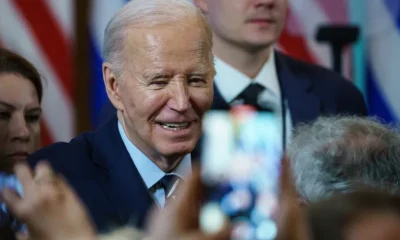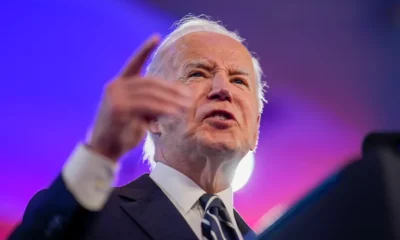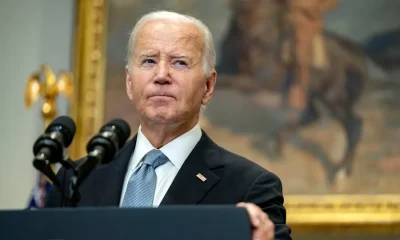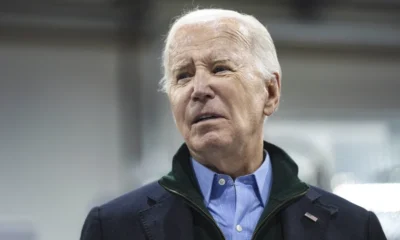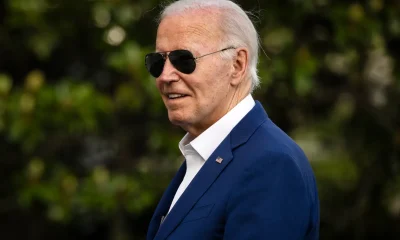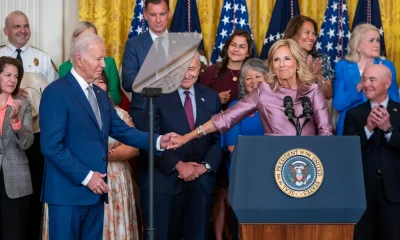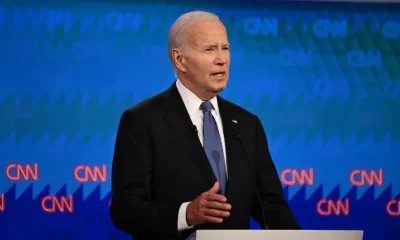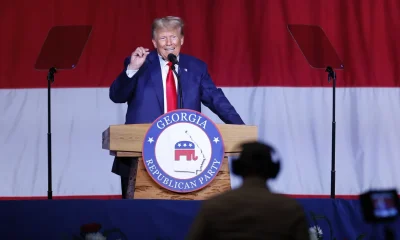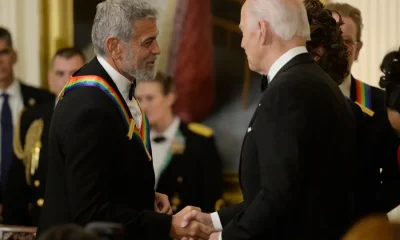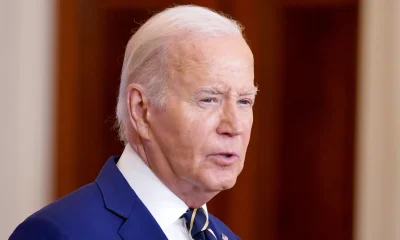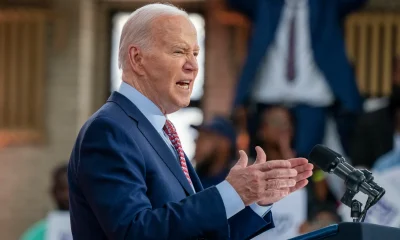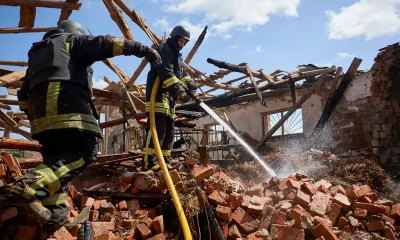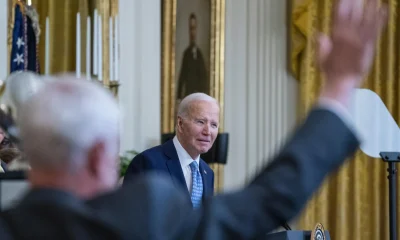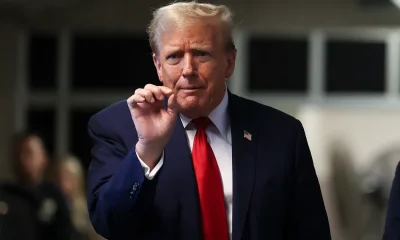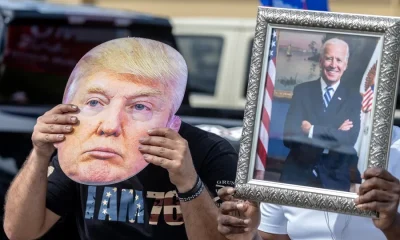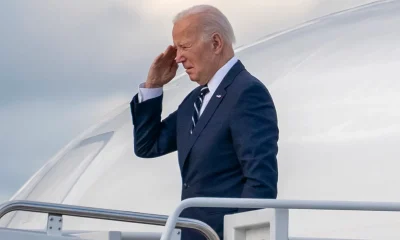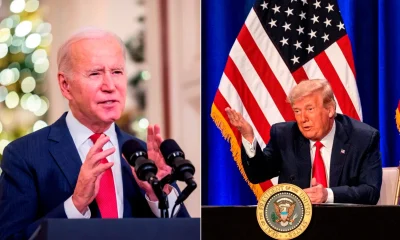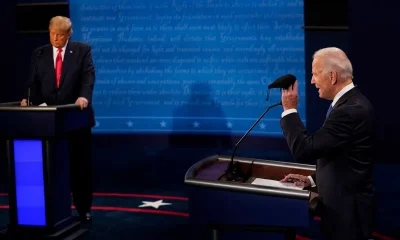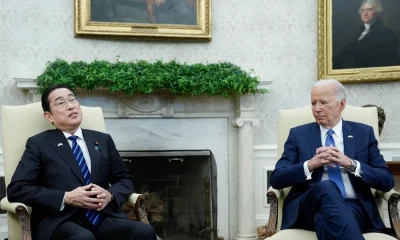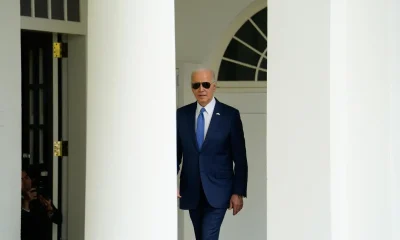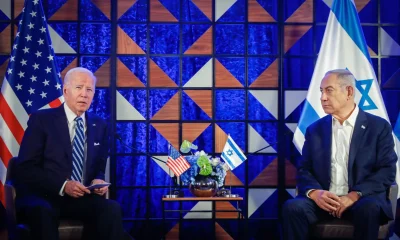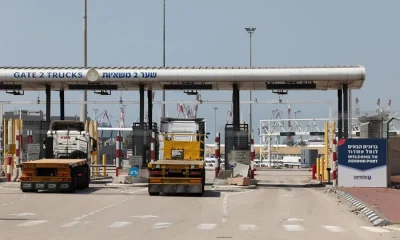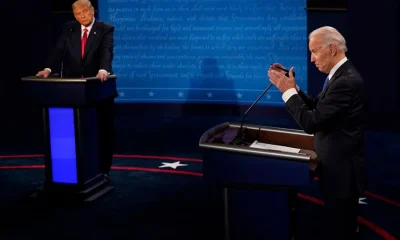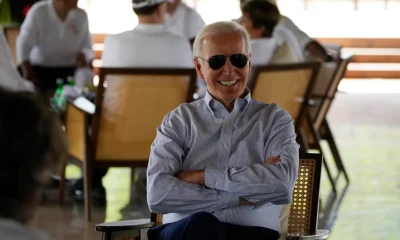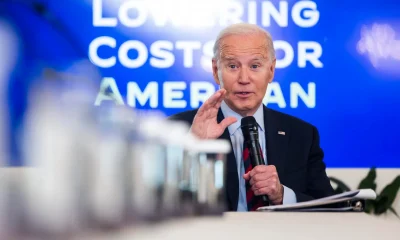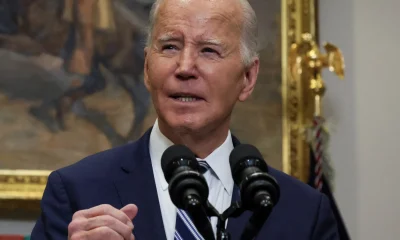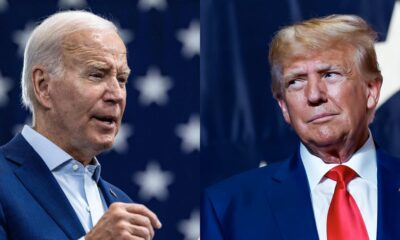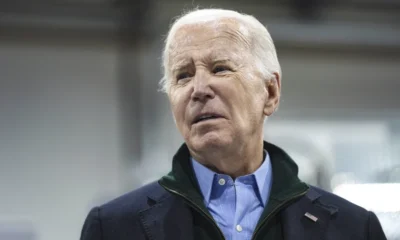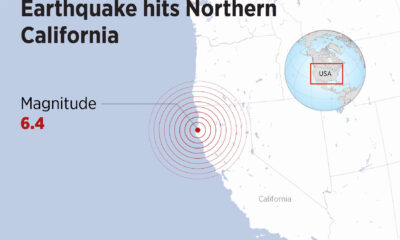International
The battle of the tribes of California for Biden to protect their ancestral lands
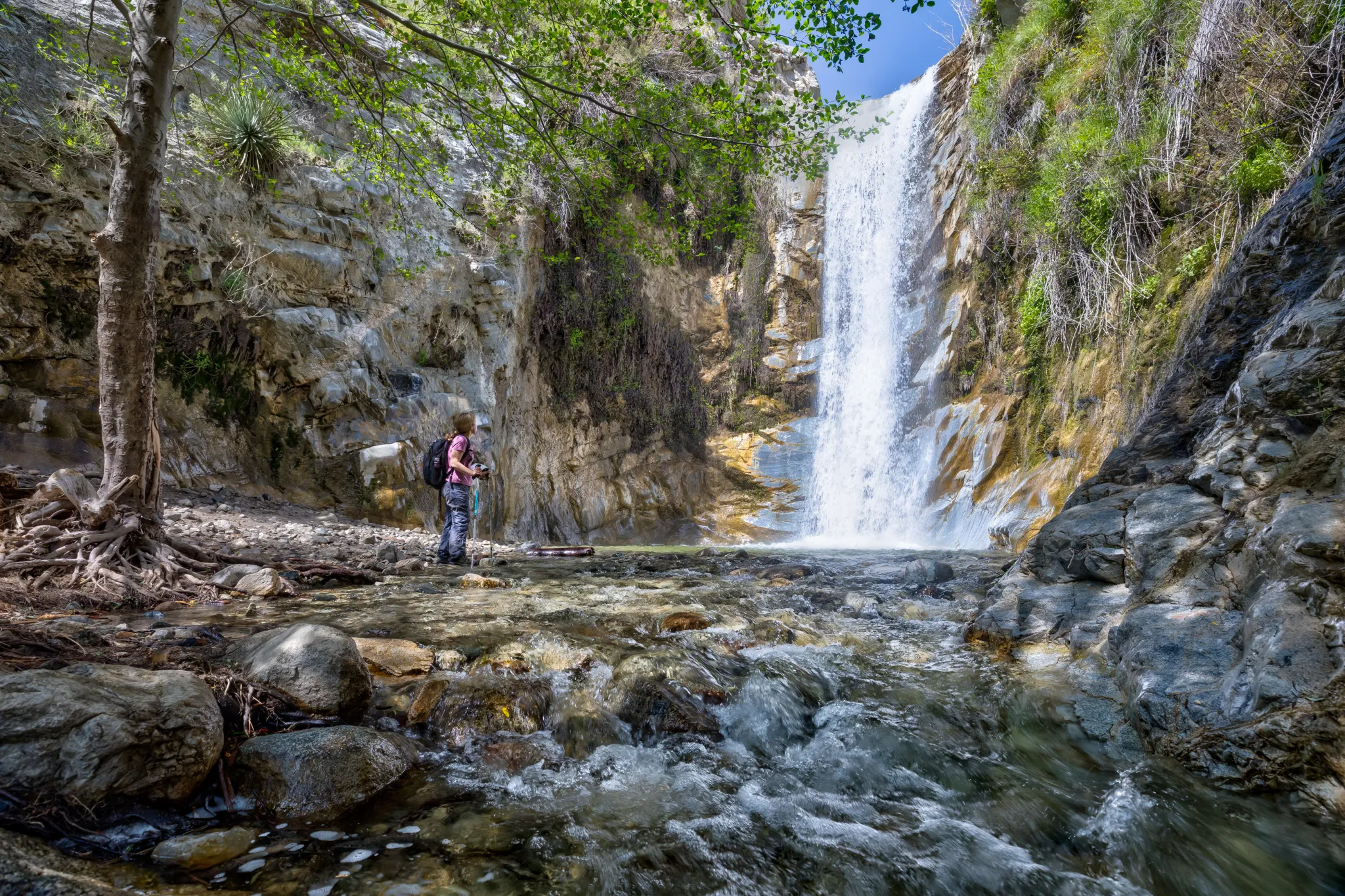
A coalition of Native American tribes from California is fighting an intense struggle for the president of the United States, Joe Biden, to protect their ancestral lands, a vast territory of 400,000 hectares that treasures not only rare species of flora and fauna, but also the legacy of peoples who have lived for centuries with that sacred nature.
This contest has been ongoing for years but it becomes more urgent in the face of the proximity of the November elections, in which Biden will again face the Republican Donald Trump, who during his term (2017-2021) approved oil projects that harmed the Native Americans.
The lands they are fighting for are “irreplaceable,” Thomas Tortez, president of the Torres Martínez desert indigenous people and who has asked Biden to declare about 267,000 hectares as a national monument in the Chuckwalla Valley, in Southern California, explained to EFE and expand the Joshua Tree National Park.
“When someone goes to a sanctuary and it catches fire or is knocked down, they can erect another temple in another place. But when the site that embodies our culture is intrinsically linked to a place and a specific land like the one we have here, there is no human way to replace it,” Tortez says vehemently.
Therefore, he urges Biden to protect the lands of his tribe using the 1906 Antiquities Act, which gives the president the ability to create national monuments on federal land without having to go through Congress.
The lands that Tortez defends are, in large part, desert. It might seem that they are sterile, devoid of life, but for Native Americans, this area contains a rich history, with plants that can be used for medicinal, food or spiritual purposes, and animals that have coexisted with the community for centuries.
Even the hills, with their tones ranging from magenta to lighter shades of red, are interpreted by Native Americans as a reminder of the stories of creation and the presence of divinity, says Tortez.
In addition to protecting these lands, the tribal coalition seeks Biden to expand and designate four other national monuments in California.
Among them, the effort of the tribes of the Tataviam Fernandeño and Gabrieleno missions to expand the national monument of the San Gabriel mountains, near Los Angeles, on about 44,100 hectares, stands out.
Within this territory are the remains of three indigenous peoples prior to the Spanish colonization and that are of great importance for the tribes, whose families go there to teach their origins to the new generations, the president of the Tataviam Fernandeño missions, Rudy Ortega Jr., explained to EFE.
Ortega Jr., whose father was also the leader of the tribe for five decades, believes that this effort to expand the national monument of the San Gabriel mountains is part of the struggle that his tribe has fought for centuries to protect its territory.
In its beginnings, its land covered more than 600,000 hectares, from the Antelope Valley to the Pacific Ocean. However, by 1900, it was reduced to zero, and since then they have had to fight to recover their lands.
Another objective of the coalition is to achieve the designation as a national monument of almost 81,000 hectares in the mountainous area of Lake Medicine, which would make it possible to safeguard the heritage of peoples with a long history in that area of northern California, such as the Pit River tribe.
The Quechan tribe of Fort Yuma also longs for the Kw’tsán mountains to be established as a national monument, and finally, the yocha dehe wintun nation wants the Berryessa Snow Mountain national monument to be expanded and Molok Luyuk to be permanently protected, which translates as “condor crest.”
These lands embody the soul of the tribes. As Anthony Roberts, leader of the yocha dehe wintun nation, told EFE, ensuring the protection of those territories is part of the “sacred responsibility” that those peoples have with nature, from which all forms of life emanate.
International
Nine People Killed in Two Armed Attacks in Manabí, Ecuador
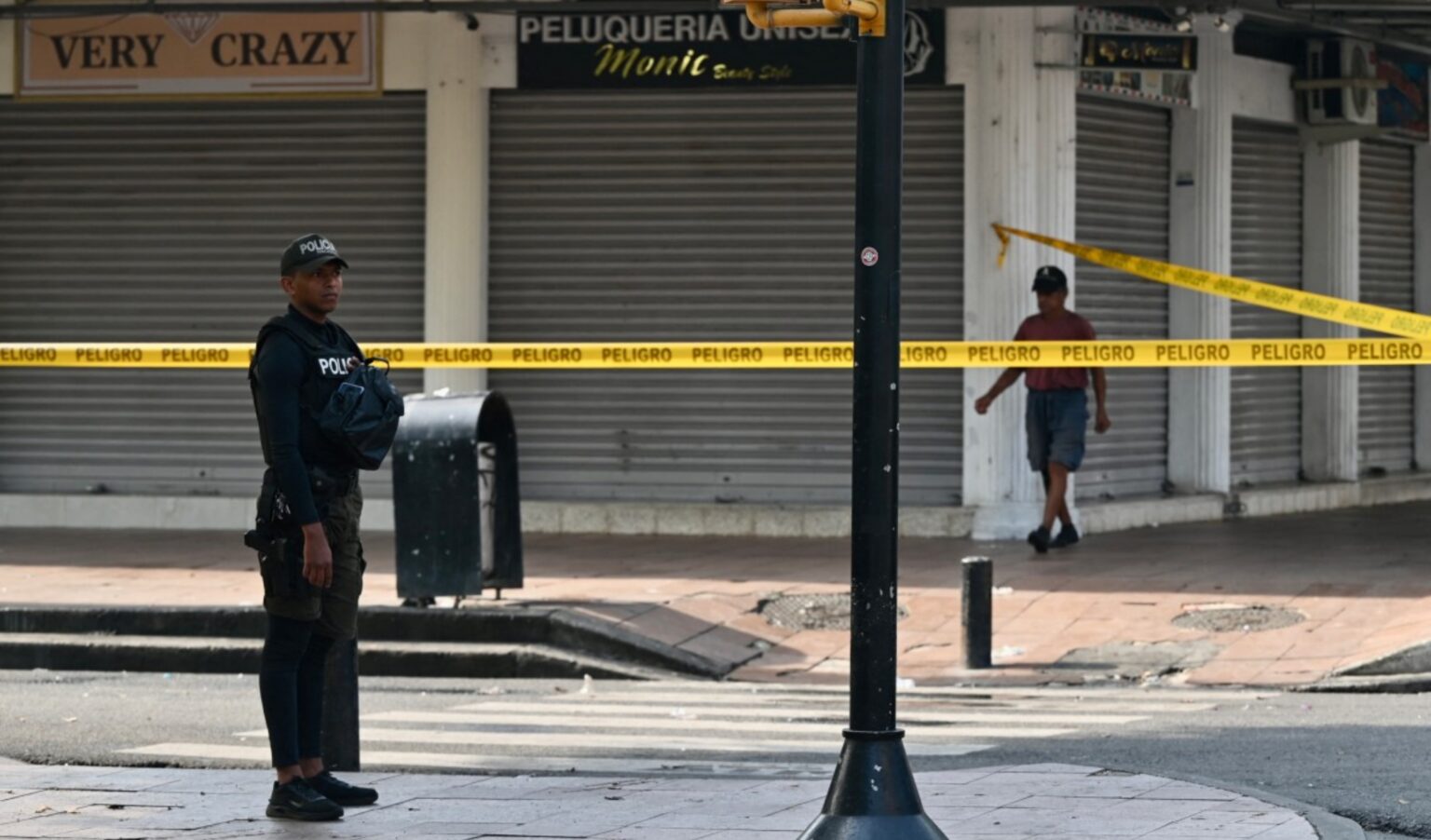
At least nine people were killed Monday in two nearly simultaneous armed attacks in the province of Manabí, located on Ecuador’s Pacific coast, one of the areas hardest hit by violence in the country, according to the National Police.
The first attack left seven people dead and took place in Camarones, a rural area of the Jama canton. The second occurred in the sector known as La Y, in the seaside town of Canoa, part of the San Vicente canton, where two people were killed.
According to preliminary reports, both incidents occurred early Monday morning when armed men intercepted the victims. Authorities said the motives behind the attacks remain under investigation.
The assault in Camarones happened around 1:15 a.m. local time, when a group of armed individuals stormed a ranch in the area. The victims have not yet been officially identified.
About 15 minutes later, in Canoa, two men traveling in a motorized taxi were intercepted by armed suspects riding motorcycles and shot. One of the victims was identified as a 28-year-old passenger, while the identity of the driver has not yet been confirmed.
The attacks occurred just days after another multiple homicide on February 12 at a ranch in San Juan de las Cucarachas, a rural area of the Santa Ana canton in Manabí, which left six people dead.
Manabí has been experiencing escalating insecurity linked to disputes among organized crime groups, including drug trafficking networks and territorial control conflicts. In response, the government has maintained a state of emergency in the province since August to address the surge in violence attributed to these criminal organizations.
International
Over 40 Million Affected by Major Snowstorm in Northeastern U.S.
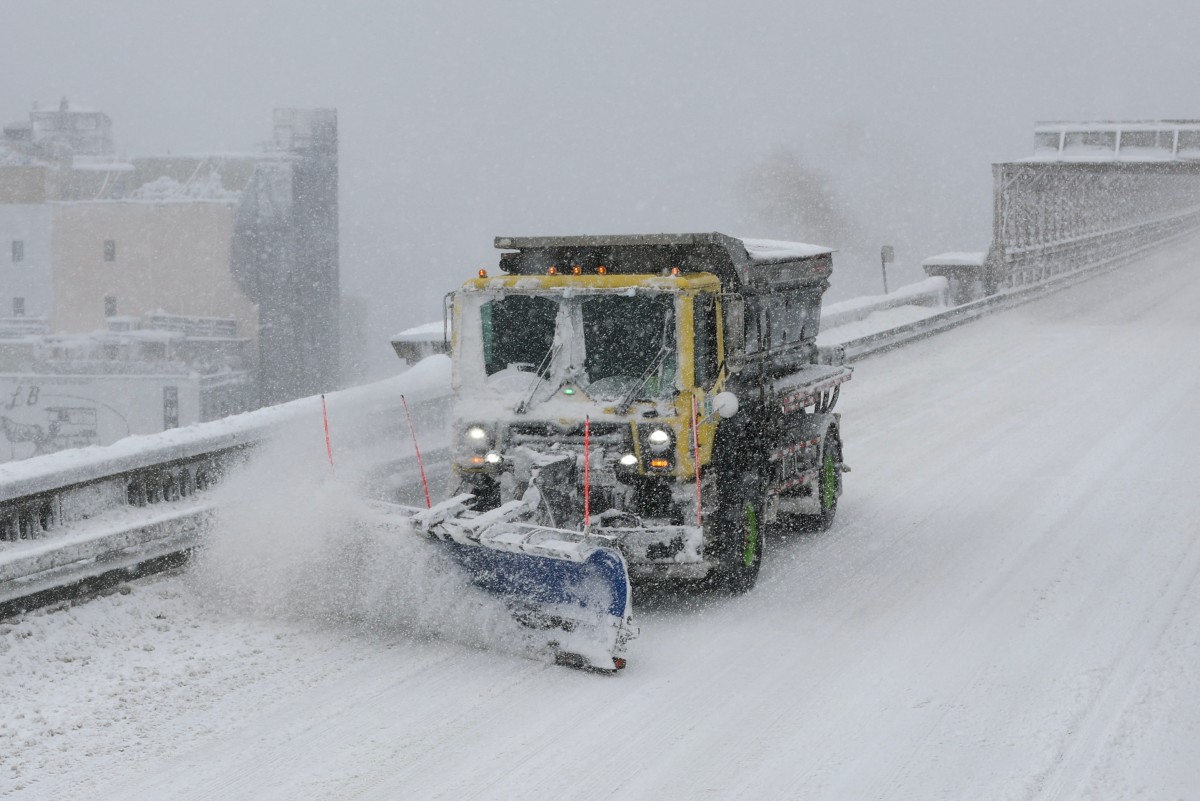
More than 40 million people across the northeastern United States are facing a new major snowstorm this Monday, including residents of New York City, where local authorities have shut down roads to traffic.
The storm triggered widespread flight cancellations early in the morning and caused power outages affecting thousands of homes and businesses throughout the region.
New York City Mayor Zohran Mamdani banned non-essential vehicle travel at least until noon and ordered the closure of public schools as a precautionary measure. Authorities in neighboring states, including New Jersey and Rhode Island, imposed similar restrictions to ensure public safety.
This marks the second major winter storm to hit the East Coast in less than a month, leading to growing frustration among residents.
“I’m fed up. I don’t want to see another snowflake,” said Vincent Greer, a resident of Wildwood, New Jersey, as he shoveled accumulated snow from in front of his building.
Officials continue to urge residents to remain indoors, avoid unnecessary travel, and monitor local advisories as crews work to clear roads and restore power.
International
Ninth Victim Recovered After Deadliest U.S. Avalanche in Decades
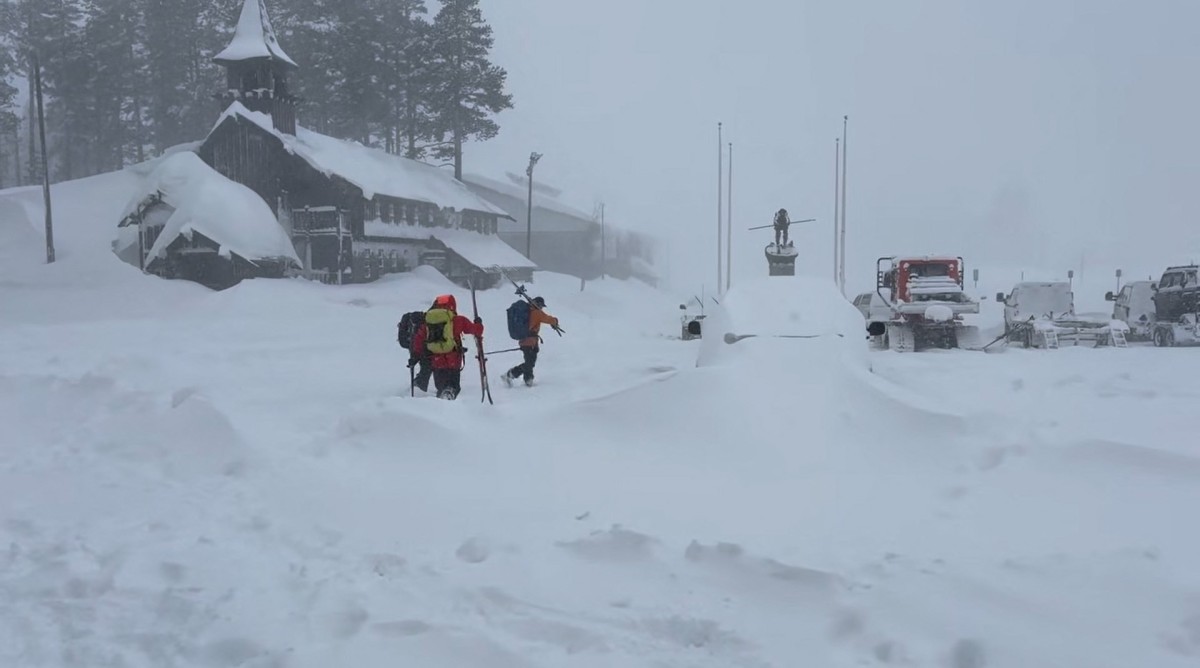
Rescue teams in California on Saturday recovered the body of the ninth and final victim of a deadly avalanche in the Sierra Nevada mountains, according to the local sheriff’s office.
The avalanche struck a group of 11 skiers and four guides on Tuesday as they were returning from a three-day backcountry trip near Castle Peak, a 2,777-meter (9,111-foot) mountain and popular tourist destination on the U.S. West Coast.
Six people were rescued alive on Tuesday. Authorities said the incident marks the deadliest avalanche in the United States since 1981.
“All nine individuals who lost their lives in the February 17 Castle Peak avalanche have been safely recovered from the mountain,” the Nevada County Sheriff’s Office said in a statement.
“There are no words that can truly capture the magnitude of this loss, and our hearts grieve alongside the families affected by this catastrophic event,” Sheriff Shannan Moon said.
Officials had warned on Thursday that search operations would likely continue through the weekend due to severe weather conditions in the area.
Survivors were able to call for help shortly after the avalanche occurred. However, near-zero visibility and the risk of additional snow slides prevented rescue teams from reaching them for several hours.
-
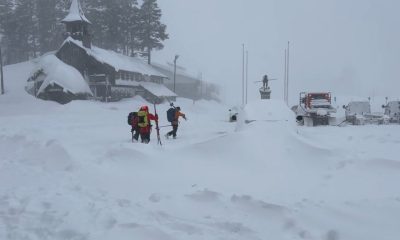
 International2 days ago
International2 days agoNinth Victim Recovered After Deadliest U.S. Avalanche in Decades
-

 International3 days ago
International3 days agoTrump Defies Supreme Court With New 10% Global Tariff
-

 International4 days ago
International4 days agoThree Injured in Mail Package Explosion at Buenos Aires Gendarmerie Academy
-

 International4 days ago
International4 days agoU.S. Targets Members of Outgoing Boric Administration With Visa Revocations
-

 International1 day ago
International1 day agoOver 40 Million Affected by Major Snowstorm in Northeastern U.S.
-

 International1 day ago
International1 day agoNine People Killed in Two Armed Attacks in Manabí, Ecuador





























